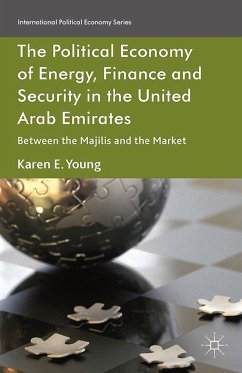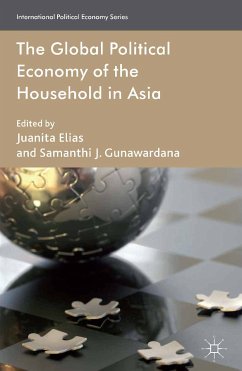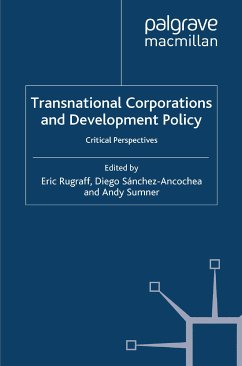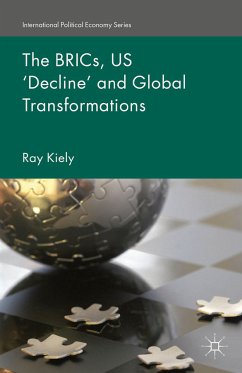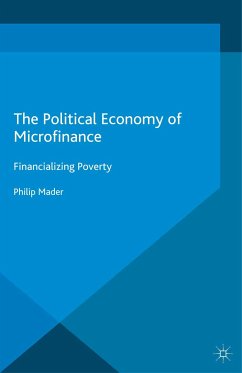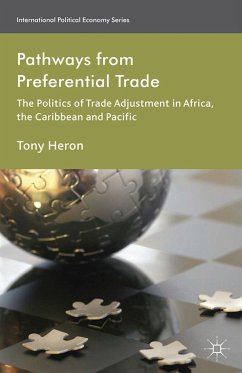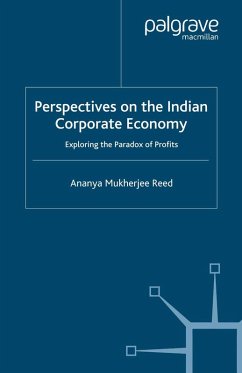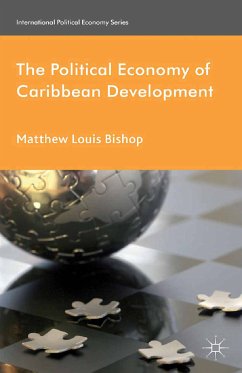
The Political Economy of Caribbean Development (eBook, PDF)
Versandkostenfrei!
Sofort per Download lieferbar
40,95 €
inkl. MwSt.
Weitere Ausgaben:

PAYBACK Punkte
20 °P sammeln!
Studies of the global political economy have rarely engaged with development in the Caribbean, the thought of its indigenous intellectuals, or the non-sovereign territories of the region. Matthew Bishop compares the development of the independent English-speaking islands of St Lucia and St Vincent and their non-sovereign French neighbours, Martinique and Guadeloupe. By explaining how distinctive patterns of British and French colonialism and decolonisation came to bear on them, he investigates how very different patterns of development have subsequently ensued, often with startling consequence...
Studies of the global political economy have rarely engaged with development in the Caribbean, the thought of its indigenous intellectuals, or the non-sovereign territories of the region. Matthew Bishop compares the development of the independent English-speaking islands of St Lucia and St Vincent and their non-sovereign French neighbours, Martinique and Guadeloupe. By explaining how distinctive patterns of British and French colonialism and decolonisation came to bear on them, he investigates how very different patterns of development have subsequently ensued, often with startling consequences in this era of globalization and crisis. By engaging with the empirical reality of the Caribbean, his study sheds light on a range of wider debates relating to development, indigenous thought, post-colonial sovereignty, small states, and the contemporary evolution of the global political economy.
Dieser Download kann aus rechtlichen Gründen nur mit Rechnungsadresse in A, B, BG, CY, CZ, D, DK, EW, E, FIN, F, GR, HR, H, IRL, I, LT, L, LR, M, NL, PL, P, R, S, SLO, SK ausgeliefert werden.




